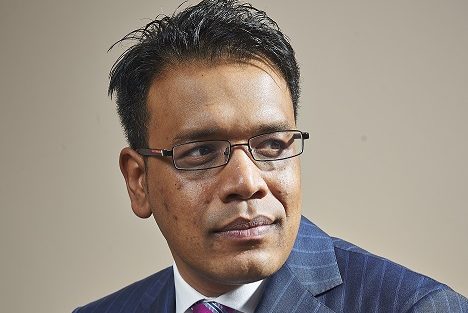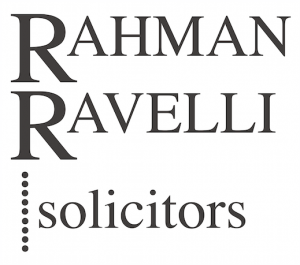Money laundering: an ever-present threat that business has to tackle

Aziz Rahman, of award-winning business crime solicitors Rahman Ravelli, on the danger of money laundering and the importance of preventing it.
Money laundering is the disguising of “dirty’’, meaning criminal, money. People who need to hide wealth gained from illegal activity seek to use legitimate businesses to do this.
If this paints a picture of grubby dealings in small, run-down business premises, think again. In recent weeks, United States banking giant Capital One has been investigated by three separate law enforcement agencies over its vulnerability to money laundering.
In the UK, HSBC is being probed by the Financial Conduct Authority (FCA) over similar concerns. Five years ago, HSBC had to pay $1.9 billion after having allowed large-scale money laundering.
Such examples show the scale and dangers of money laundering.
The offence
Money laundering is an offence in the UK under the Proceeds of Crime Act 2002 (POCA): Section 327 makes it an offence to conceal, disguise, convert, transfer or remove money or other assets derived from crime, Section 328 makes it illegal to arrange to acquire, retain or use such assets, while Section 329 makes it an offence to possess them.
Fines can be imposed on individuals or companies and a person found guilty of such an offence can be jailed for up to 14 years.
Sections 330 to 332 make it an offence to fail to disclose knowledge or suspicion of money laundering in the regulated sector. Turning a blind eye to money laundering, therefore, is not an option.
Precautions
If you are accused of money laundering, you have a defence if you took all possible precautions to prevent it.
This means:
- Checking the identity and background of a client, business associate or any other person involved with your business.
- Examining the behaviour of anyone wanting to move money or other assets into or out of the business.
- Establishing who is involved in a deal, who benefits and the relationships that exist between them.
- Creating practices to reduce the risk of money laundering. For example, restrictions on cash deals and company bank account access, checks on funding sources and introducing a whistle blowing procedure.

Such actions show the authorities that you did everything possible to detect signs of money laundering.
Such signs may differ according to business sector. But the following should all raise concerns:
- Someone in a deal being vague – or reluctant to disclose everything – about the sums of money, investors or activities involved.
- An insistence on unusual conditions or complex arrangements being attached to a deal.
- Your firm being asked to conduct a deal for no apparent reason by someone who has never done business with you.
- A sudden request for a deal to be completed in cash.
- Assets being moved or appearing without explanation.
Money laundering has to be prevented, otherwise the cost can be huge. Advice is available to prevent businesses having to pay that heavy price.
Aziz Rahman is founder of Rahman Ravelli: a top-ranked business crime law firm in national and international legal guides.
www.rahmanravelli.co.uk









